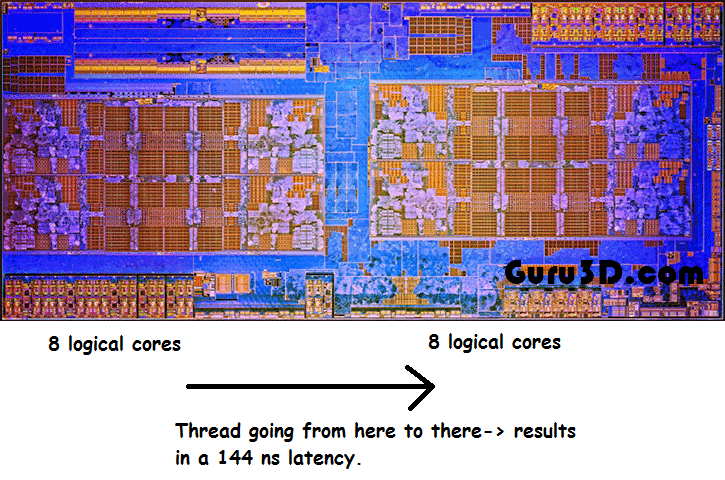- Joined
- May 18, 1997
- Messages
- 55,664
So we have seen all sorts of theories batted around here for days now about why the AMD Ryzen CPUs show poor gaming performance at 1080p resolutions and below. One of the reasons that has been rumored heavily has been put to the fault of the Windows Scheduler. PCPer has a full look, with tons of data, that basically puts this rumor to rest. In all our testing here in the last week, we have not found anything that has uncovered some huge fault either. Watch the video below, but certain hit the page to read up on this as well.
Editor's Note: The testing you see here was a response to many days of comments and questions to our team on how and why AMD Ryzen processors are seeing performance gaps in 1080p gaming (and other scenarios) in comparison to Intel Core processors. Several outlets have posted that the culprit is the Windows 10 scheduler and its inability to properly allocate work across the logical vs. physical cores of the Zen architecture. As it turns out, we can prove that isn't the case at all. -Ryan Shrout
Editor's Note: The testing you see here was a response to many days of comments and questions to our team on how and why AMD Ryzen processors are seeing performance gaps in 1080p gaming (and other scenarios) in comparison to Intel Core processors. Several outlets have posted that the culprit is the Windows 10 scheduler and its inability to properly allocate work across the logical vs. physical cores of the Zen architecture. As it turns out, we can prove that isn't the case at all. -Ryan Shrout
![[H]ard|Forum](/styles/hardforum/xenforo/logo_dark.png)

